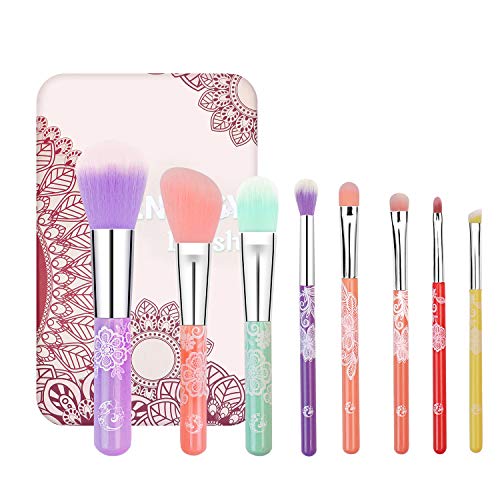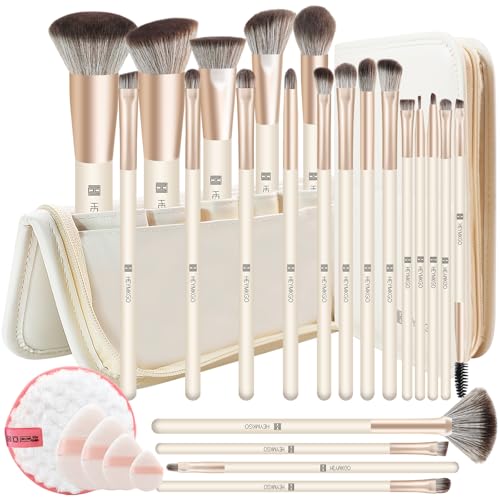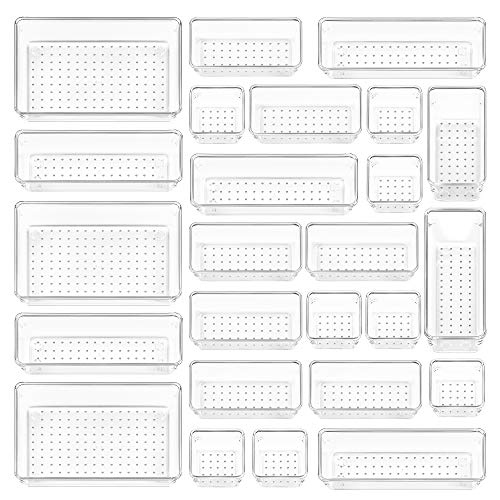- Joined
- Apr 23, 2006
- Messages
- 6,522
- Reaction score
- 0
Provided by:

Acne and the Role of Diet
The typical teen-ager eats junk food, stays up late and hates to get up early in the morning. These parental headaches seem to be developmentally programmed rites of passage. But for as many as 85 percent of adolescents, the most bothersome hallmark of being a teen-ager is acne. With blemishes come earnest recommendations to avoid oily foods, chocolate and other staples of a teenager’s diet. Is there any connection between eating certain foods and developing acne, or does this represent another medical myth?
Given the proportion of affected teens, the answer has powerful implications. But, as with most things, there's no easy one-to-one causal relationship. In fact, current understanding of acne suggests that food has no role in triggering the condition in the first place or in making acne worse once present. Nevertheless, we all have heard time and time again that if kids simply avoided fast food joints their skin problems would be over.
What Causes Acne?
Acne is thought to develop in teens because of a combination of normal skin functions and hormonal changes during adolescence that affect the skin. In most parts of the body, hair follicles develop along with sebaceous glands (which produce sebum, a fat-rich coating that protects and lubricates the hair follicles). Perhaps because of hormonal changes, teenagers have increased sebum, as well as increased thickness and decreased shedding of the uppermost layer of skin near the hair follicles. These factors lead to plugging of the pore. Bacteria that are commonly present and usually cause no problems now grow in large numbers behind the blockage, leading to inflammation and acne.
Why some people have significant problems with acne and others do not is not known. One theory suggests that the primary problem is hypersensitivity of the sebaceous glands to androgens (hormones related to testosterone that are produced by the adrenal gland in both men and women). Oily cosmetics, scrubbing, high humidity and heavy perspiration may all worsen acne. A variety of treatments are available, including topical or oral retinoids (derivatives of vitamin A), benzoyl peroxide or topical or oral antibiotics.
Why This Myth Continues
Why does this misunderstanding about the effects of diet on acne persist? The idea that a problem is within our control (for example, related to diet) rather than outside our control (as might be the case for an inherited illness) and that a natural remedy might be the cure is certainly appealing and may influence the approach many people take to treat the problem, even in the absence of evidence to support that approach.
Another reason such myths persist is a confusion between “association†and “cause†– just because teen-agers tend to eat junk food and tend to develop acne, it does not mean that one causes the other. Yet we frequently make faulty assumptions about causation because the association seems so strong or logical.
In addition, there is an intuitive logic to the notion that eating oily foods leads to oily skin and acne. And reducing one’s junk food intake to control acne offers many additional health benefits – for many parents, even a poor excuse to reduce their kids’ junk food intake is better than none at all! Although there are many reasons to encourage a balanced, healthy diet, avoiding and improving acne are not among them.
As is the case for many assumptions we make about health, what seems to be logical and intuitive does not always turn out to be true. Discarding such medical myths may take centuries – bad news for teen-agers harangued about their diets. But fortunately, nondietary treatment of acne is often effective – evaluation by a physician, sometimes including evaluation by a dermatologist, is the best way to make a choice among the options for treating significant acne, especially if over-the-counter treatments are not effective.
Parents and kids need facts, not myths, to make the best choices. And parents will just have to find other ways to promote healthier diets for their teen-agers.
health.yahoo.com

Acne and the Role of Diet
The typical teen-ager eats junk food, stays up late and hates to get up early in the morning. These parental headaches seem to be developmentally programmed rites of passage. But for as many as 85 percent of adolescents, the most bothersome hallmark of being a teen-ager is acne. With blemishes come earnest recommendations to avoid oily foods, chocolate and other staples of a teenager’s diet. Is there any connection between eating certain foods and developing acne, or does this represent another medical myth?
Given the proportion of affected teens, the answer has powerful implications. But, as with most things, there's no easy one-to-one causal relationship. In fact, current understanding of acne suggests that food has no role in triggering the condition in the first place or in making acne worse once present. Nevertheless, we all have heard time and time again that if kids simply avoided fast food joints their skin problems would be over.
What Causes Acne?
Acne is thought to develop in teens because of a combination of normal skin functions and hormonal changes during adolescence that affect the skin. In most parts of the body, hair follicles develop along with sebaceous glands (which produce sebum, a fat-rich coating that protects and lubricates the hair follicles). Perhaps because of hormonal changes, teenagers have increased sebum, as well as increased thickness and decreased shedding of the uppermost layer of skin near the hair follicles. These factors lead to plugging of the pore. Bacteria that are commonly present and usually cause no problems now grow in large numbers behind the blockage, leading to inflammation and acne.
Why some people have significant problems with acne and others do not is not known. One theory suggests that the primary problem is hypersensitivity of the sebaceous glands to androgens (hormones related to testosterone that are produced by the adrenal gland in both men and women). Oily cosmetics, scrubbing, high humidity and heavy perspiration may all worsen acne. A variety of treatments are available, including topical or oral retinoids (derivatives of vitamin A), benzoyl peroxide or topical or oral antibiotics.
Why This Myth Continues
Why does this misunderstanding about the effects of diet on acne persist? The idea that a problem is within our control (for example, related to diet) rather than outside our control (as might be the case for an inherited illness) and that a natural remedy might be the cure is certainly appealing and may influence the approach many people take to treat the problem, even in the absence of evidence to support that approach.
Another reason such myths persist is a confusion between “association†and “cause†– just because teen-agers tend to eat junk food and tend to develop acne, it does not mean that one causes the other. Yet we frequently make faulty assumptions about causation because the association seems so strong or logical.
In addition, there is an intuitive logic to the notion that eating oily foods leads to oily skin and acne. And reducing one’s junk food intake to control acne offers many additional health benefits – for many parents, even a poor excuse to reduce their kids’ junk food intake is better than none at all! Although there are many reasons to encourage a balanced, healthy diet, avoiding and improving acne are not among them.
As is the case for many assumptions we make about health, what seems to be logical and intuitive does not always turn out to be true. Discarding such medical myths may take centuries – bad news for teen-agers harangued about their diets. But fortunately, nondietary treatment of acne is often effective – evaluation by a physician, sometimes including evaluation by a dermatologist, is the best way to make a choice among the options for treating significant acne, especially if over-the-counter treatments are not effective.
Parents and kids need facts, not myths, to make the best choices. And parents will just have to find other ways to promote healthier diets for their teen-agers.
health.yahoo.com


































